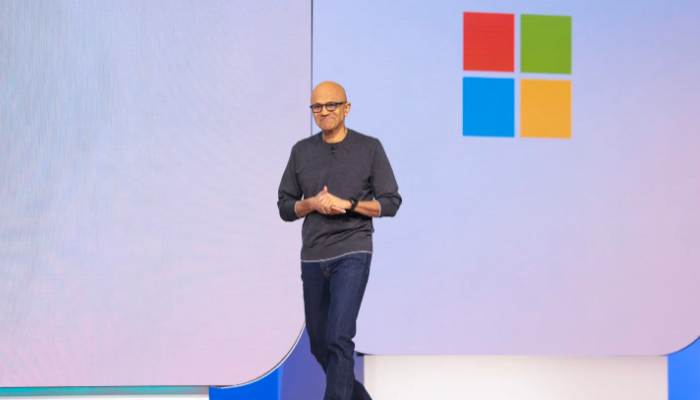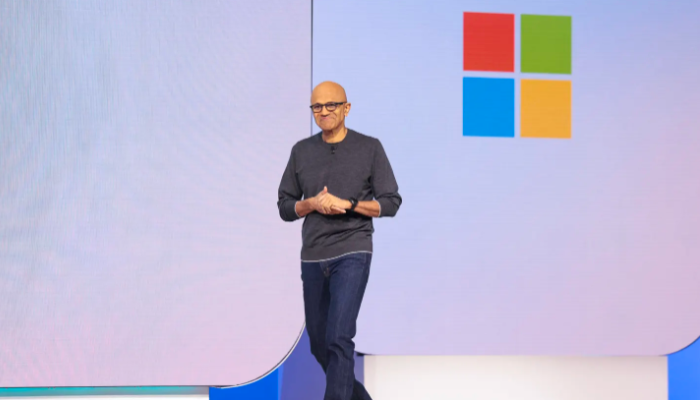
Microsoft Ends Involvement of China-Based Engineers in Pentagon Cloud Support Following ProPublica Report
Microsoft has updated its internal practices to prevent engineers based in China from participating in technical support for U.S. defense clients using the company’s Azure cloud services on Pentagon Cloud Support.
The move came just days after ProPublica published a detailed investigation revealing that Microsoft software engineers in China had been involved in supporting U.S. (DoD) systems. According to the report, these engineers operated under the supervision of so-called “digital escorts” in the U.S.—individuals who often lacked the technical expertise of those they were monitoring. The arrangement raised serious cybersecurity and national security concerns.
In response to the report, Microsoft revised its policies to ensure that no China-based engineering teams are providing support for DoD or other U.S. government cloud services.
“In response to concerns raised earlier this week about US-supervised foreign engineers, Microsoft has made changes to our support for US Government customers to assure that no China-based engineering teams are providing technical assistance for DoD Government cloud and related services,”
wrote Frank Shaw, Microsoft’s Chief Communications Officer, in a post on X (formerly Twitter) on Friday.
The policy shift affects Microsoft Azure, the company’s flagship cloud platform, which now accounts for more than 25% of Microsoft’s total revenue, making it larger than Google Cloud but still trailing Amazon Web Services. According to the company’s most recent financial statements, Microsoft derives substantial revenue from U.S. government contracts, with over half of its $70 billion in first-quarter earnings coming from American customers.
Microsoft Chairman and CEO Satya Nadella was present at the Microsoft Build 2025 conference in Seattle, Washington, held on May 19, 2025, just before the company announced the policy overhaul.
This issue follows a broader context of competition and collaboration in defense cloud computing. In 2019, Microsoft won the Pentagon’s controversial $10 billion JEDI cloud contract, which was later canceled in 2021 after a legal dispute. In 2022, the Pentagon awarded up to $9 billion in combined cloud contracts to Amazon, Google, Oracle, and Microsoft.
Defense Secretary Pete Hegseth, reacting to the report, condemned the earlier setup:
“This is obviously unacceptable, especially in today’s digital threat environment,”
he said in a video posted to X. Hegseth also described the architecture as a “legacy system” dating back to the Obama administration, and announced that the Defense Department will conduct a comprehensive review to identify similar arrangements elsewhere.
Despite initial assurances to ProPublica that all practices adhered to U.S. government regulations, Microsoft acknowledged the need for change.
“We remain committed to providing the most secure services possible to the U.S. government, including working with our national security partners to evaluate and adjust our security protocols as needed,”
Shaw added.







